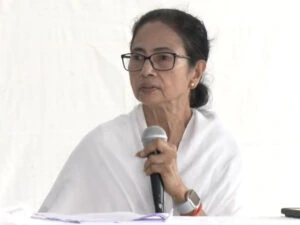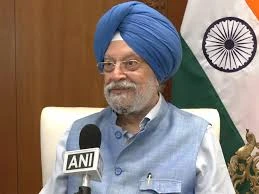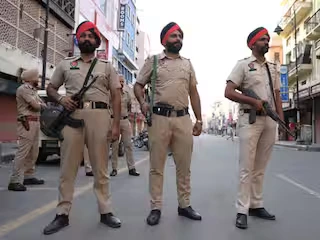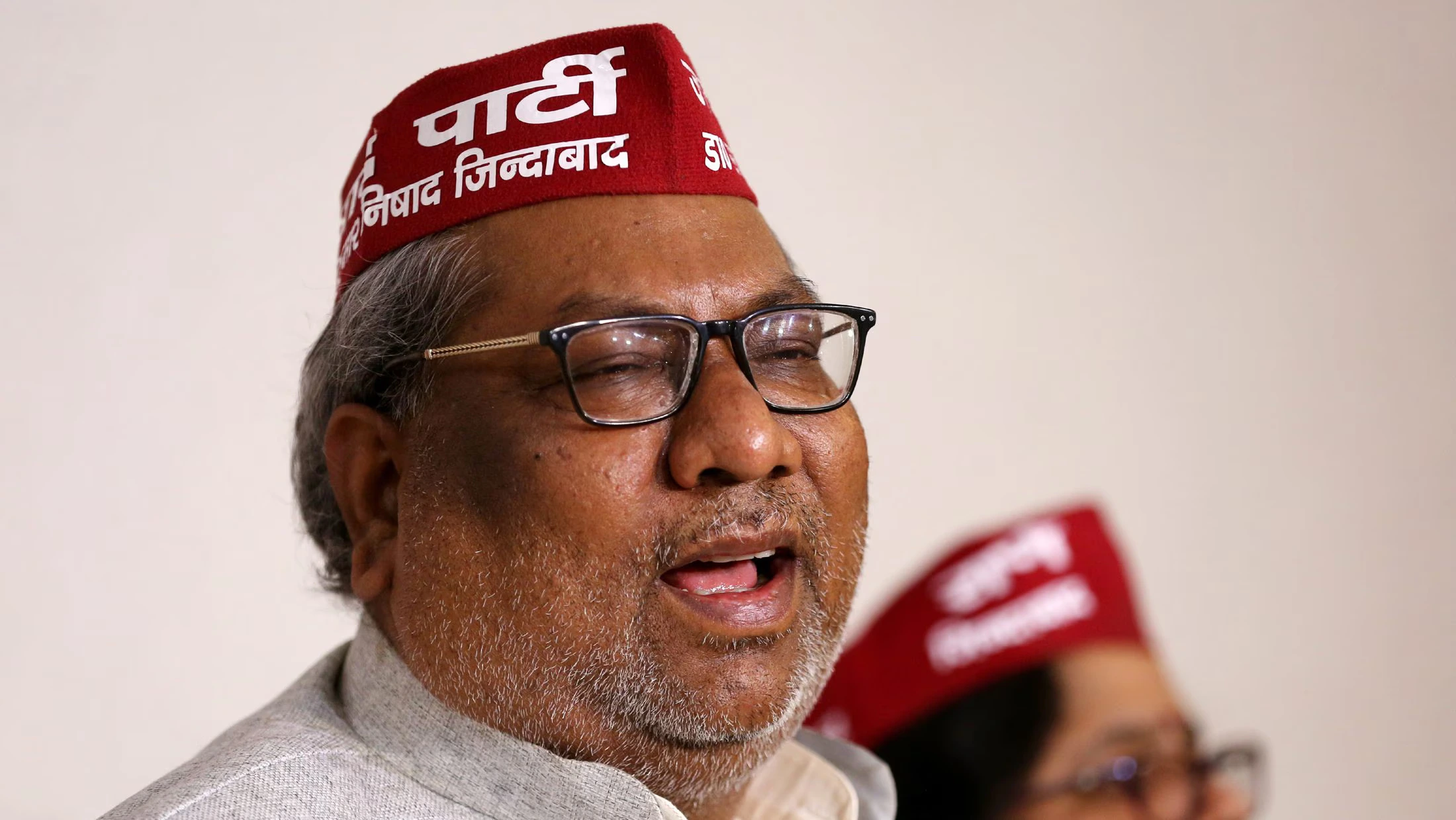11-JULY-2025, 12:00PM
In a development that has sparked political outrage and deepened communal tension in West Bengal, a controversial statement made by the Leader of the Opposition (LoP) has drawn severe criticism from the ruling Trinamool Congress (TMC). The LoP’s alleged remark advising people “not to go to Muslim localities” has been branded as “communal provocation” by TMC leaders and civil society groups alike.
As political temperatures rise in a state known for its sensitive religious demography, the comments have ignited a fierce war of words between parties, with potential implications for the upcoming electoral campaigns in West Bengal.
Political Storm in West Bengal Over LoP’s Communal Remark
West Bengal : What the Leader of the Opposition Said
The Leader of the Opposition (LoP) in West Bengal—belonging to a prominent national party—reportedly advised party workers and common people “not to enter Muslim localities” citing alleged safety concerns. The comment, made during a public address or internal party gathering, quickly spread across social media platforms, sparking massive backlash.
Critics say the statement is not only inflammatory but also amounts to indirectly targeting an entire community, thereby violating the secular ethos of the Indian Constitution and the inclusive spirit of West Bengal.
West Bengal : Trinamool Congress Labels Statement as Dangerous and Divisive
Reacting swiftly, the Trinamool Congress (TMC) accused the LoP of indulging in communal politics and attempting to incite religious divisions in the state. Senior TMC leader and spokesperson Kunal Ghosh said,
“This is a classic example of communal provocation. West Bengal has always stood for harmony and brotherhood. These words are an insult to every Bengali, Hindu or Muslim.”
Chief Minister Mamata Banerjee herself did not directly name the LoP but referred to “certain leaders” trying to polarize voters along religious lines in her latest rally speech.
Communal Harmony and Political Games in West Bengal
West Bengal’s History of Religious Coexistence
Historically, West Bengal has been known for its secular fabric and cultural pluralism. From poets like Kazi Nazrul Islam to reformers like Raja Ram Mohan Roy, the state has a rich tradition of interfaith harmony. The recent remark by the LoP, however, threatens to disturb this fragile social balance.
Civic groups, student unions, and cultural associations have called out the rhetoric, urging political leaders to refrain from making divisive statements.
Political Strategies and Polarization in the State
Analysts suggest that the communal remark may be a strategic move ahead of elections, aiming to consolidate a specific voter base by stoking fear and mistrust. However, such tactics are particularly risky in West Bengal, where past incidents of violence have left lasting scars on the communal psyche.
Political observer Anirban Dutta notes:
“Religion-based mobilization is not new to West Bengal politics, but this level of bluntness in public discourse is concerning. It may backfire, especially among the youth and secular-minded voters.”
Public Reaction and Civil Society’s Response
Outrage on Social Media
The comment triggered a social media firestorm, with hashtags like #CommunalPolitics and #ShameInBengal trending nationwide. Users across platforms condemned the language used and demanded immediate apology or disciplinary action.
Prominent activists and journalists also chimed in, questioning the silence of central party leadership over such divisive statements by one of its top state leaders.
Human Rights Groups Demand Action
Multiple human rights organizations based in West Bengal and beyond have issued statements denouncing the LoP’s remark. Groups such as the Citizens for Peace and Justice, and Bengal Human Rights Watch, stated that the comment promotes ghettoization and social exclusion, both of which are dangerous for a democratic society.
In their joint memorandum to the State Human Rights Commission, they wrote:
“Such language coming from a public representative is unacceptable and must be investigated as a breach of ethical and constitutional conduct.”
The Bigger Picture: Polarization Ahead of Elections
Is Communal Rhetoric Becoming a Political Tool?
The latest controversy reflects a broader trend where communal narratives are increasingly being used as campaign strategies in West Bengal. With political competition heating up ahead of the 2026 Assembly elections and 2024 Lok Sabha follow-ups, parties are using religion, identity, and fear to sway public opinion.
Political expert Rituparna Sengupta observes:
“This incident shows how polarizing language is becoming normalized. If not checked, it may lead to long-term social fragmentation in West Bengal.”
Trinamool’s Counter-Offensive Strategy
In response, the TMC is stepping up its outreach to minority communities, organizing events and campaigns in Muslim-majority areas to reinforce the message of unity. TMC leaders are also planning to launch a series of video campaigns and rallies to highlight the dangers of divisive politics.
The ruling party is positioning itself as the guardian of secularism in West Bengal, hoping to strengthen its grassroots base through inclusive messaging.
Conclusion: Communal Remarks Threaten the Peace of West Bengal
The political landscape in West Bengal is no stranger to heated debates and confrontations, but the recent communal remark by the LoP has crossed a critical line. In a state that prides itself on its multicultural legacy, such words pose a threat to the peace, unity, and mutual respect that bind its people.
Trinamool Congress’s sharp criticism, combined with civil society’s mobilization, reflects a collective desire to uphold the values of secularism and democracy. As the battle for political dominance continues, it is imperative that leaders remember their responsibility to unite—not divide—the citizens of West Bengal.
The next few weeks will be crucial in determining how this controversy unfolds, and whether it leads to accountability or further polarization. But one thing remains clear: the people of West Bengal are watching, and their voice will be heard at the ballot box.
Source : ANI





